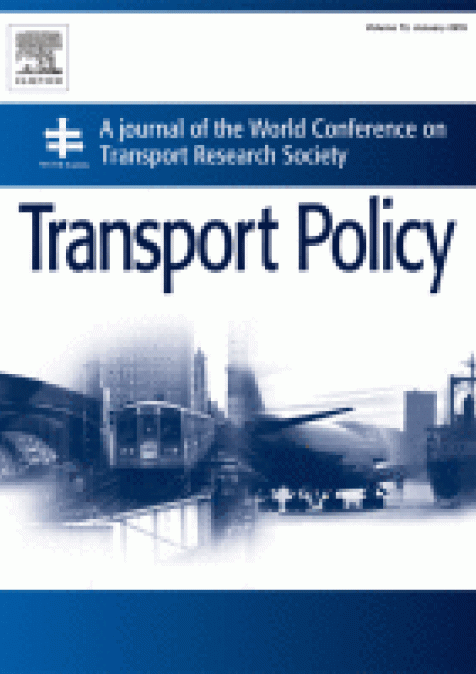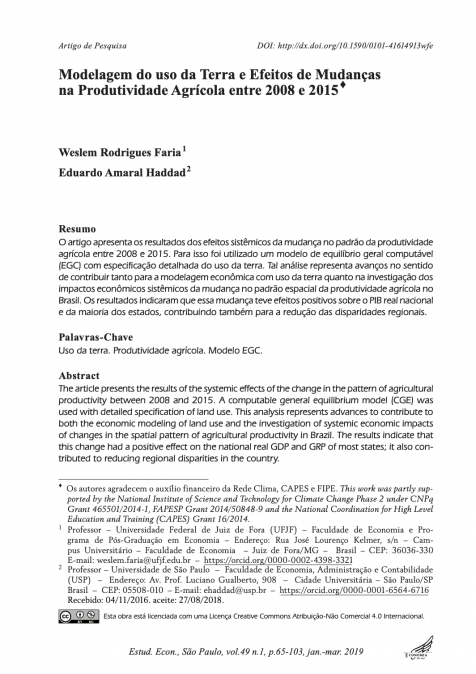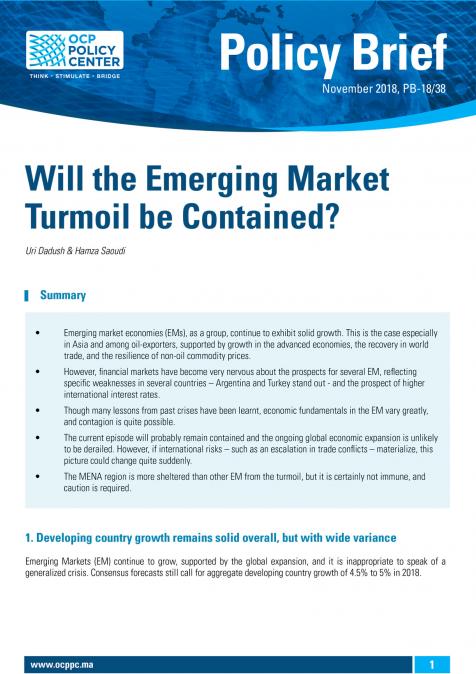Publications /
Research Paper
This paper examines Brazil's economic growth patterns over the last three decades and identifies a missed opportunity for the country to attain high-income status by the mid-2010s. Instead, Brazil has suffered from low productivity growth, and has made little progress in transforming its production and export structures in favor of higher value-added activities. This premature de-industrialization makes it challenging for Brazil to transition from its long- standing upper-middle-income status. Brazil now has a limited, two-decade window to catch up with high-income nations before losing its demographic dividend, potentially leaving the country with an aging population without achieving high-income status. Therefore, it is crucial for Brazil to raise productivity growth through competition policies, and by embracing technological change. Achieving this goal requires comprehensive trade reforms to improve domestic competition, and to harness technology advancements effectively. This paper discusses key elements of such a policy framework within the broader context of a development strategy aimed at breaking free from the middle-income trap.






